
The Knowledge Illusion
Why We Never Think Alone
From THE KNOWLEDGE ILLUSION by Steven Sloman and Philip Fernbach. Summarized by arrangement with Riverhead Books, an imprint of Penguin Publishing Group, a division of Penguin Random House LLC
ISBN: 9780399184352
Pages: 301
Recommendation
Cognitive scientists Steven Sloman and Philip Fernbach offer insight into how to improve team efficiency. The human brain didn’t evolve to retain voluminous data. Instead, it skims off the most important facts and features about any situation or phenomenon. As a result, the database inside an individual’s head is usually pretty shallow. The key to more effective teamwork is to recognize that thought is a group activity – not an individual one. When people share their individual storehouses of knowledge, they constitute a powerful group intelligence. Tapping into this communal mind, groups of individuals have generated very complex solutions and technologies. Sloman and Fernbach advise businesses and organizations to focus less on brilliant individuals and more on enabling team members to cultivate group brilliance. getAbstract recommends this highly readable, nontechnical account to managers, inventors, researchers, policy makers and educators.
Summary
About the Authors
Steven Sloman teaches cognitive, linguistic and psychological sciences at Brown University. Philip Fernbach is a cognitive scientist who teaches marketing at the University of Colorado’s Leeds School of Business.








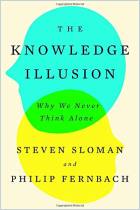
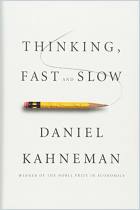
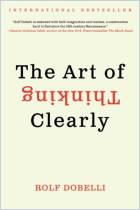

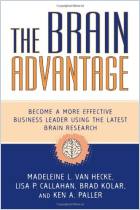
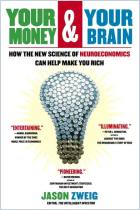


Comment on this summary or Начать обсуждение